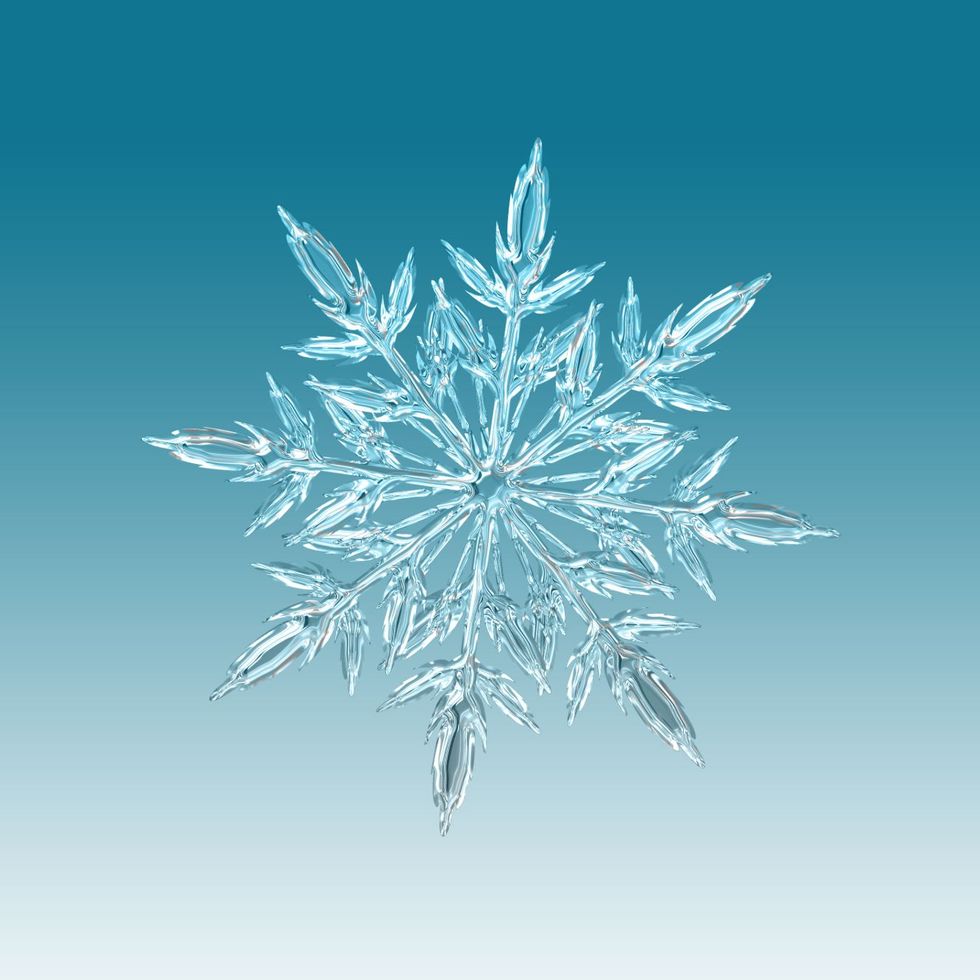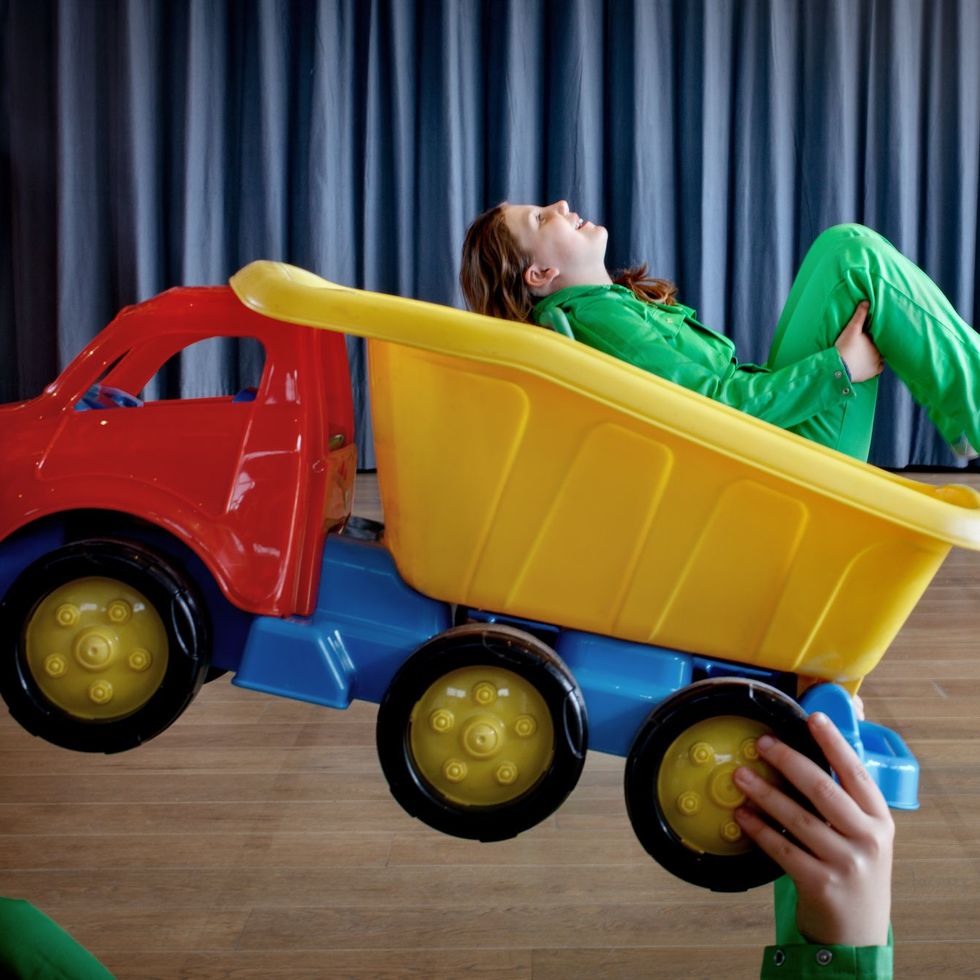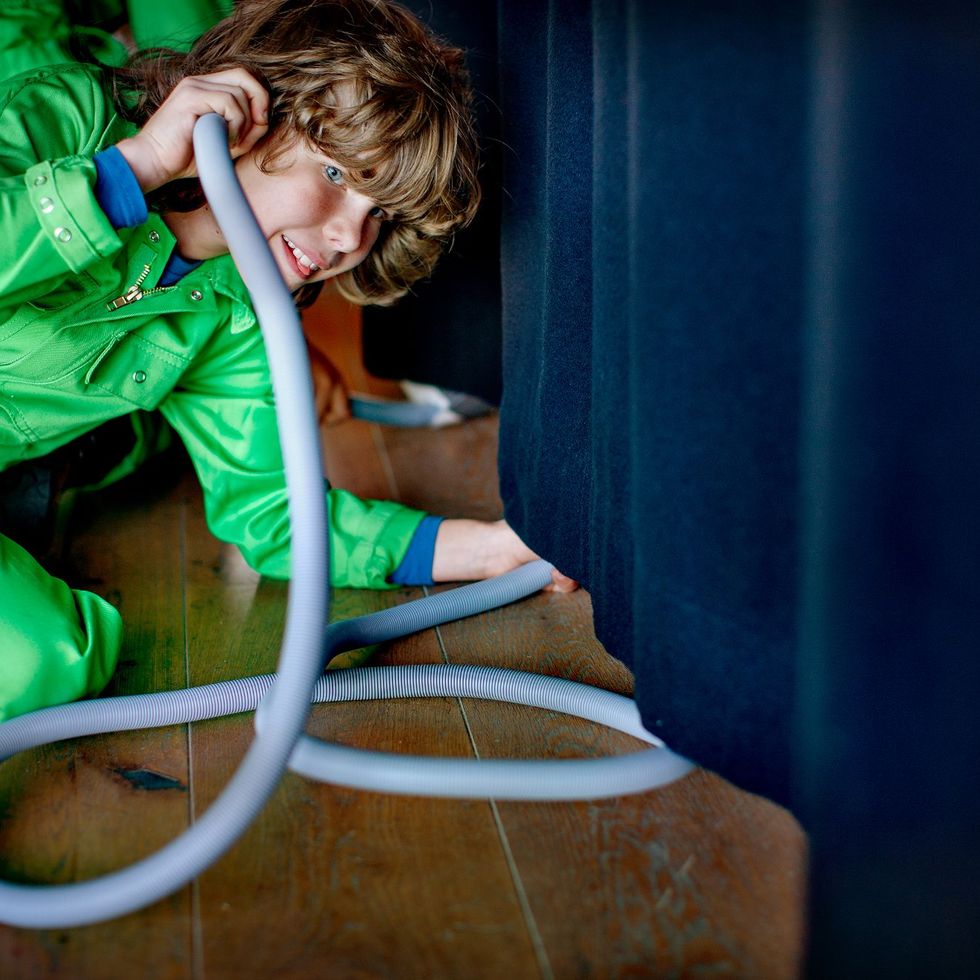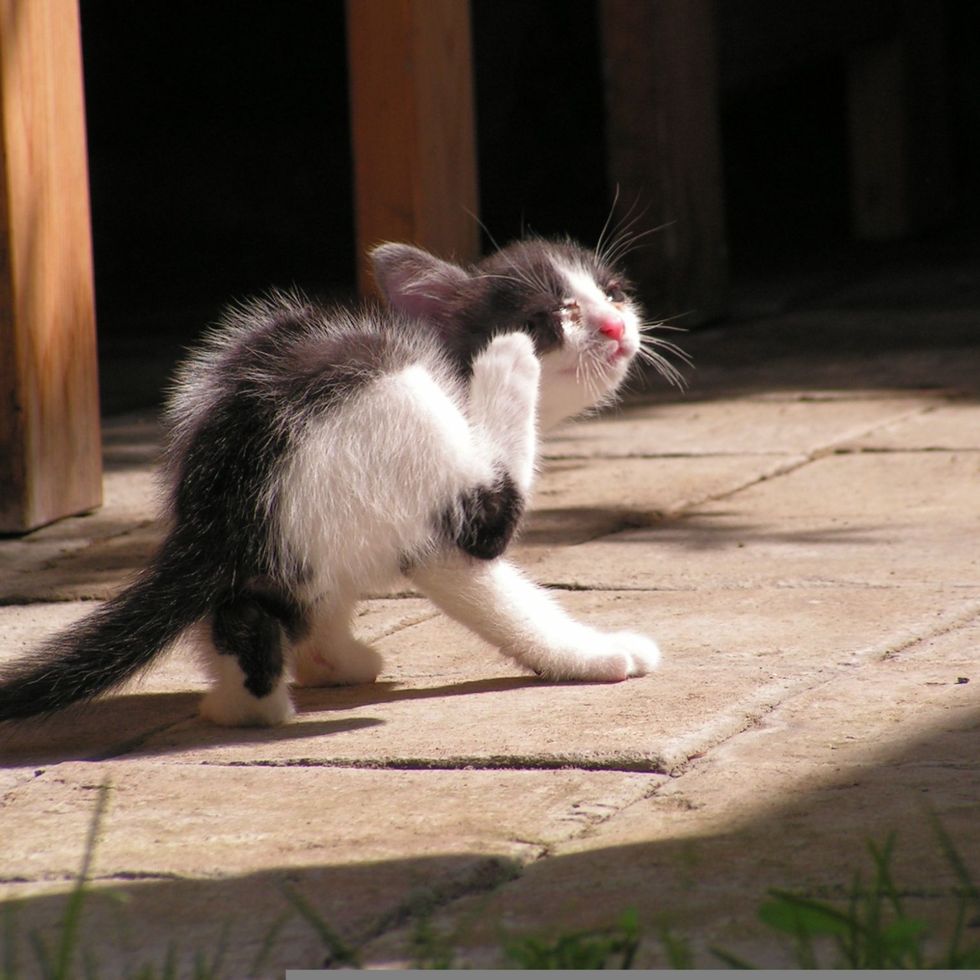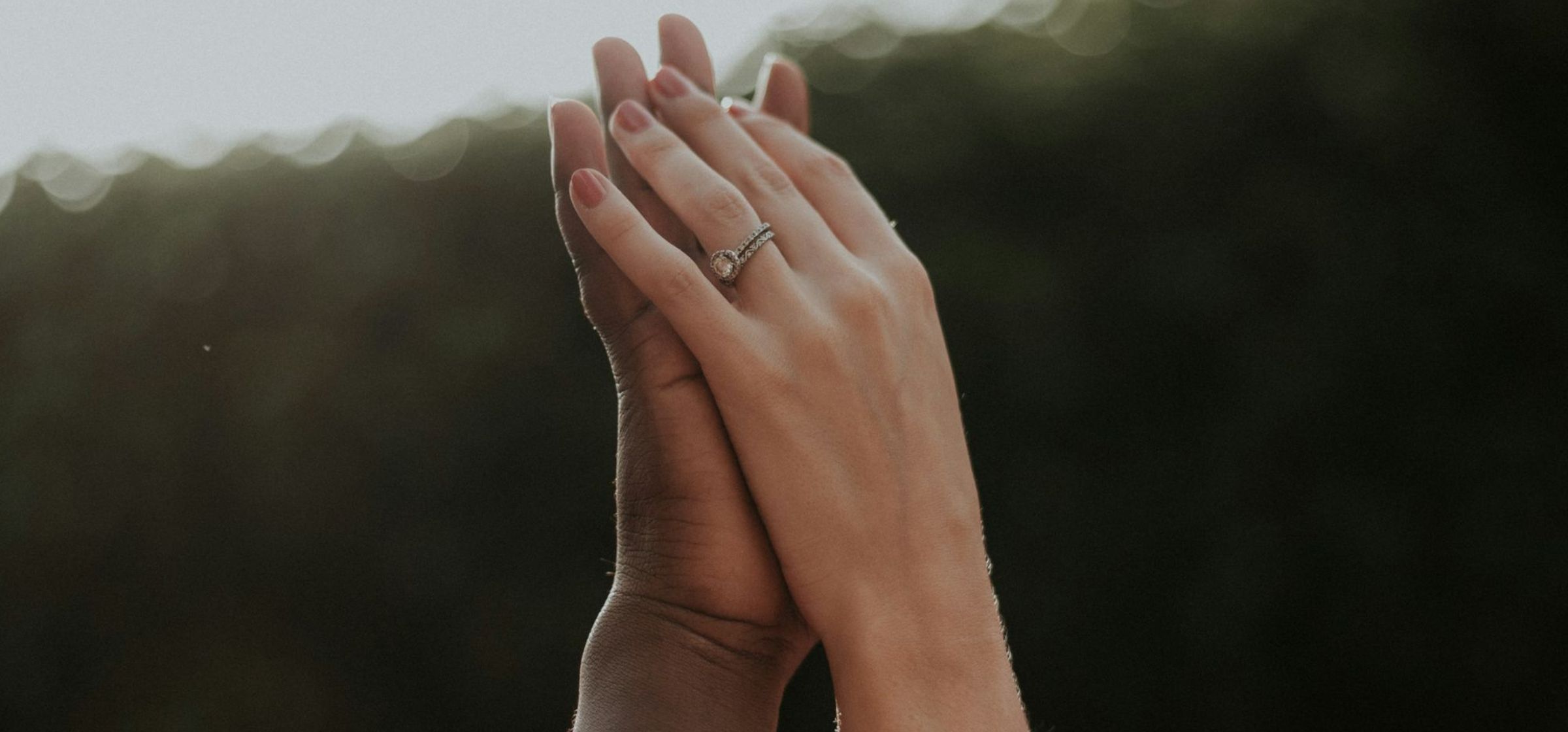
Why do people still face discrimination?
Discrimination continues to make headlines and cause a lot of anger. Why do people still face discrimination?
Groups of people
“Discrimination happens when a group of people are treated negatively because of their shared background,” says Daudi van Veen, a researcher at Utrecht University. He studies how children from different cultural backgrounds interact. “Discrimination is fed by negative views of those groups of people. In other words: prejudices.”
“It’s normal to have views about groups of people,” Van Veen explains. “People tend to divide other people into groups. Even young children do it. It’s only harmful when these views about groups of people become negative.”
Passing along the prejudice
“Young children often hold the same negative views of groups of people as their parents,” says Van Veen. “Many researchers are trying to understand how young children pick up these negative views. Older children may also copy these views from their peers or the media.”
Prejudices are often passed from one person to the next: sometimes from grown-ups to children, sometimes from grown-ups to grown-ups. That’s what keeps prejudices and discrimination alive.
Discrimination is bullying
“Fortunately, we can do something about it,” says Van Veen. “Research from the US has shown that young children discriminate less once they’re taught that discrimination hurts other people and affects them negatively. Because, let’s face it, discrimination is a form of bullying. And who wants to be labelled a bully?”
Answered by Rik Peters
